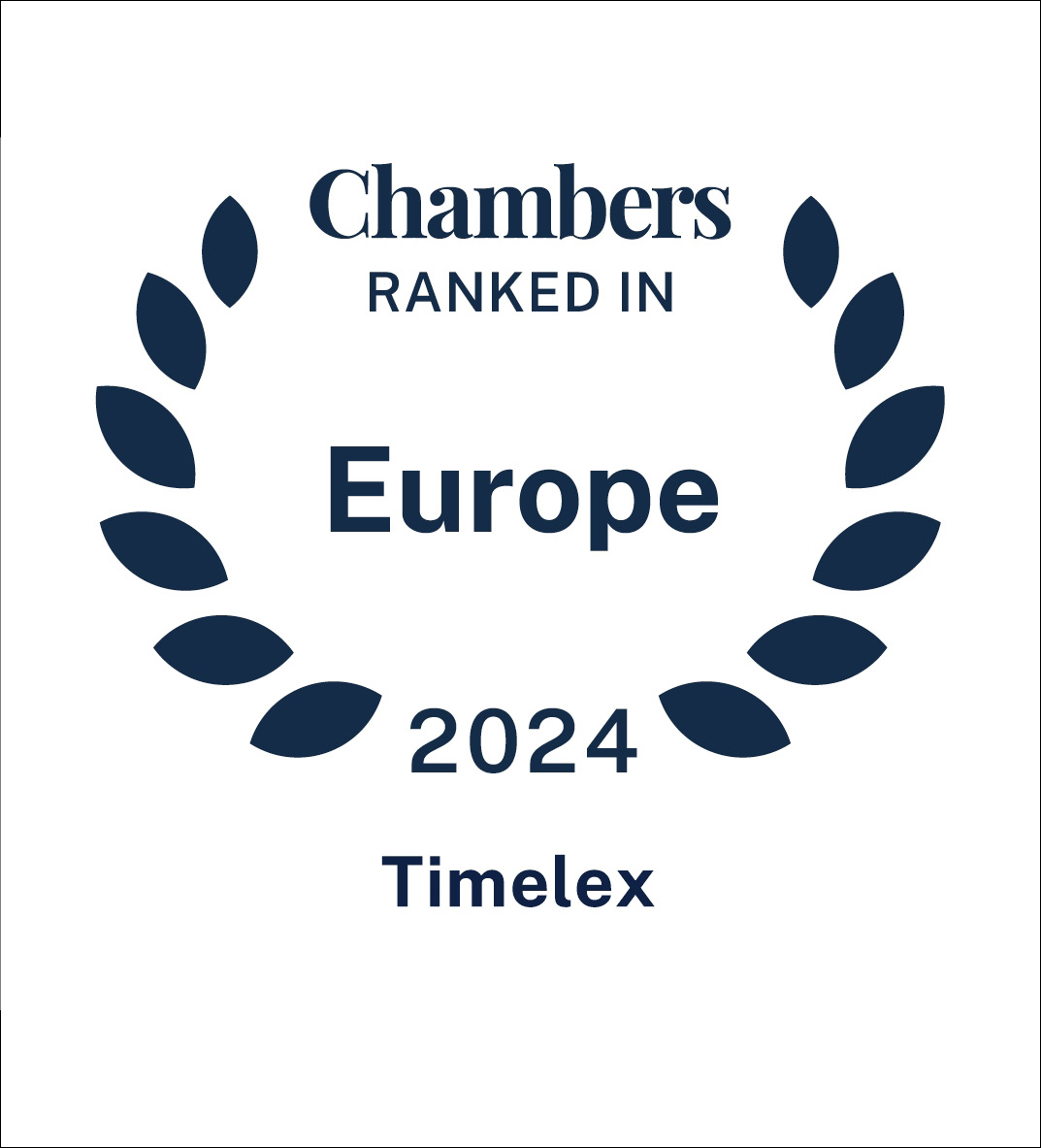Looking for?
EU strengthens the protection of whistleblowers
Recent studies* show that workers rarely report on wrongdoings of their employers that might be detrimental to the public interest. However, whistleblowers often do play a crucial role in revealing tax evasion scandals, such as Luxleaks and Panama Papers, or uncovering large-scale misuses of personal data, as was the case with Cambridge Analytica.
The fear of immediate dismissal, reputational damage, financial consequences or other forms of retaliation has a chilling effect on whistleblowers. Therefore, the efficient detection, investigation and prosecution of illegal activities within organisations can only be ensured if whistleblowers are effectively protected against retaliation.
Although about ten EU Member States do already have legislation in place to protect whistleblowers, in most Member States the regulatory framework is limited to a few sectors, resulting in a very fragmented framework of protection at EU level.
EC Directive on the protection of whisteblowers
Therefore, in 2018, the European Commission published a 'Proposal for a Directive on the protection of persons reporting on breaches of Union law', which was approved by the European Parliament on 17 April 2019.
The aim of the proposed directive is to create a common minimum standard for the protection of whistleblowers**, which will protect them when they reveal infringements by private companies and public authorities of EU rules on public procurement, product safety, protection of the environment, public health, consumer protection, food safety.... After formal approval by EU ministers, Member States will have two years to implement the rules into their national laws.
In essence, the proposed directive strengthens the protection of whistleblowers at five levels:
1. Clear and confidential reporting channels
The proposed directive is based on a three-pronged reporting system, which allows whistleblowers who wish to report a malpractice to
- first address an internal reporting channel within the company or organisation,
- then move forward to an external reporting channel at the competent national (or EU) authorities
- and finally, as a last resort, turn to a disclosure directly to the general public, via social media, the press, citizens' organisations, etc.
This reporting system entails obligations for companies and governments. For example, private companies with more than 50 employees, as well as public authorities (and public companies), must set up internal reporting channels for reporting irregularities. They must also appoint an impartial person or department (internally or externally) responsible for receiving the reports and should provide clear and accessible information on the conditions and procedures for reporting to the external competent authorities. Furthermore, the confidentiality of the whistleblower’s identity and that of other persons mentioned in the report must always be guaranteed.
In addition, Member States are also required to designate an independent authority responsible for receiving and, where appropriate, forwarding infringement notifications to the competent EU institutions. These external reporting channels should be user-friendly, separate from normal public complaint systems and have their own professionally trained staff. Again, comprehensive information on the protection of whistleblowers should be made available in an accessible manner.
2. Follow-up and feedback obligations for companies, governments and authorities
Under the proposed directive, companies, governments and competent authorities are all subject to a follow-up and feedback obligation, requiring them to follow up and respond to whistleblowers’ reports with appropriate feedback within 3 months of the acknowledgement of receipt.
3. Prevention of and protection against retaliation
The proposal for a directive obliges Member States to prohibit any form of retaliation against whistleblowers and to implement effective, proportionate and dissuasive penalties for those who take retaliatory measures against whistleblowers.
In this context, the proposed directive also provides for various measures supporting whistleblowers. For example, Member States have to ensure that whistleblowers have access to free information and advice on available procedures and remedies and may even provide financial or psychological support. Furthermore, whistleblowers should be able to rely on appropriate remedies against retaliation, such as interim relief to prevent dismissal pending judicial proceedings and a reversal of the burden of proof during proceedings. Besides that, whistleblowers cannot be exposed to liability for criticising a company or government, even if an agreement prohibits the disclosure of such criticism about the company or government. Finally, whistleblowers can rely on the directive when legal actions are taken against them outside the work-related context, for example on account of defamation or violation of a duty of confidentiality.
4. Safeguards against unlawful reports and unjustified reputational damage
In addition to the protection of whistleblowers, the proposed Directive also provides safeguards against unlawful allegations of breaches of EU law. For example, the presumption of innocence, the right to an effective remedy, the right to a fair trial and the rights of defence continue to apply to persons or companies accused of malpractices. Moreover, Member States must also introduce effective and proportionate penalties for persons making malicious or unlawful reports.
5. Obligation of Member States to raise awareness
Finally, the proposal for a directive obliges Member States to raise awareness of the protection of whistleblowers by providing a separate section on the website of centralised authorities with all kinds of information on the protection of whistleblowers, such as the conditions for protection, the reporting channels and their contact details, the procedures applicable...
Conclusion
It is thus clear that the EU is fully committed to protecting 'those who do the right thing' and report wrongdoings as soon as they become aware of them. As such, the new rules proposed by the EU favour not only the societal and financial public interest of EU citizens, but also the freedom of expression and press freedom.
Whether the proposed directive will indeed become a real 'game changer' and alleviate whistleblowers’ fear of retaliation remains to be seen however.
* 2017 Special Eurobarometer on corruption: http://ec.europa.eu/commfrontoffice/publicopinion/index.cfm/ResultDoc/download/DocumentKy/81007
2017 public consultation on whistleblower protection: http://ec.europa.eu/newsroom/just/document.cfm?doc_id=47885
** Note that the term 'whistleblower' is defined very broadly, so that not only employees, but also government employees, the self-employed, shareholders, managers... can benefit from protection. Protection also applies to third parties who facilitate whistleblowing, or who have a connection with the whistleblower as a result of which they also fear retaliation. Furthermore, the legal entity with which the whistleblower works or of which he is the owner may also be protected.








